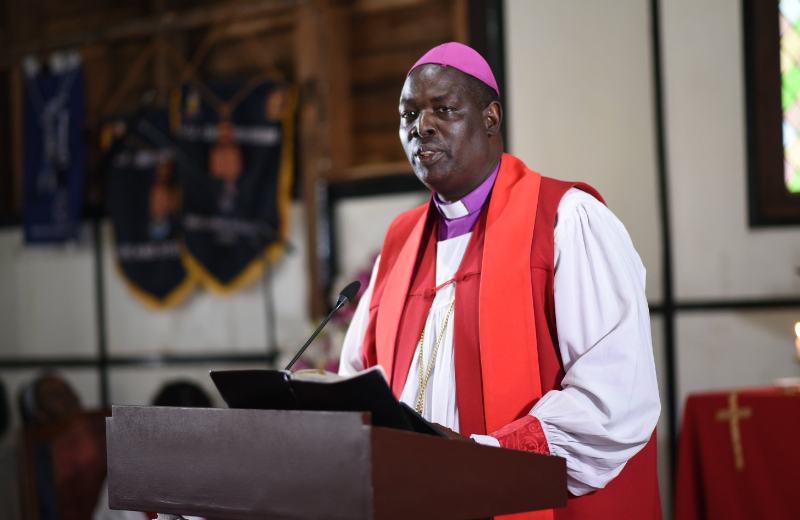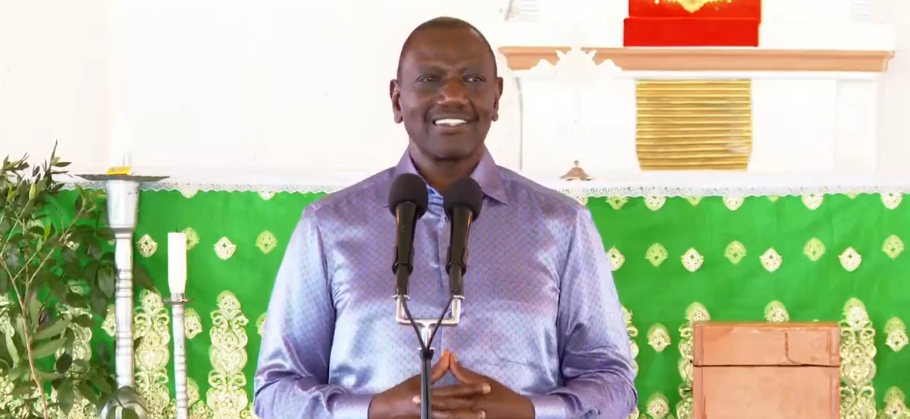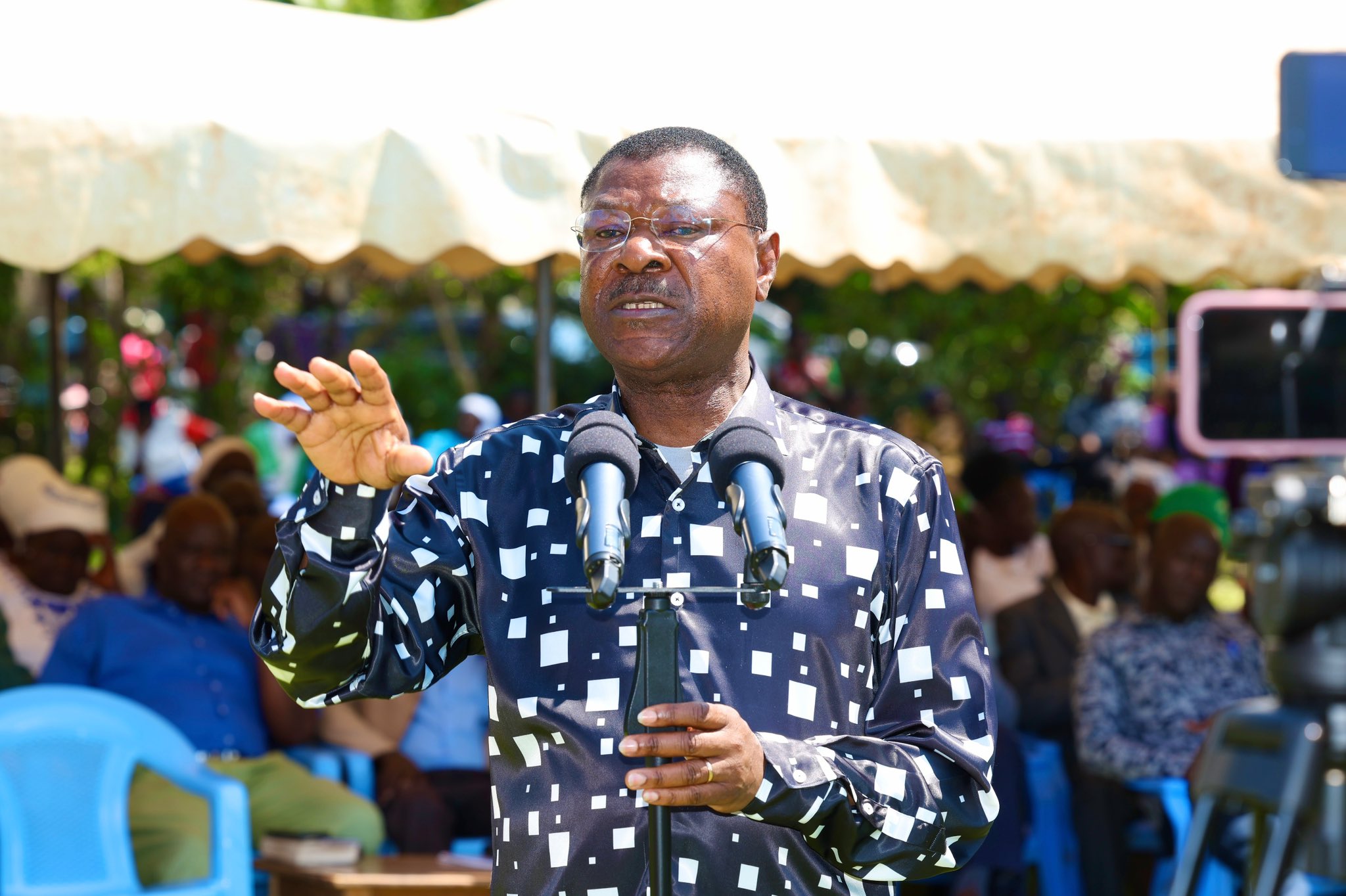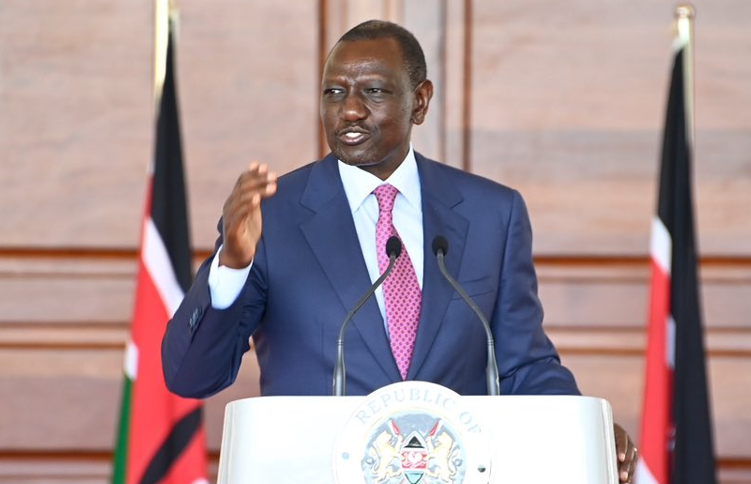11 high-flying jobs that Kenyans fear applying for

The process of hiring a new Chief Justice, which started two weeks ago, has brought to the fore the emerging fear of heading some of the independent offices among qualified Kenyans.
Some of the independent offices appear to be job traps, with office holders either being hounded out of office on flimsy grounds or being forced to delicately juggle between serving their mandate and pleasing the powers that be for survival.
The fact that none of the current Supreme Court judges applied to succeed retired CJ David Maraga, speaks volumes about the crucial office. Indeed industry players and legal observers have been left searching for answers about why qualified individuals across the board gave the powerful position a wide berth.
The position fell vacant on January 11 when Maraga proceeded on retirement upon attaining the mandatory 70 years and it was widely expected that a number if his colleagues at the apex court would apply for the job.
Some of the Supreme Court judges seen as potential candidates for the CJ seat include Deputy Chief Justice Philomena Mwilu, Justices Isaac Lenaola, Njoki Ndung’u and Smokin Wanjala, and even respected High Court judge Mumbi Ngugi.
The fact that all these experienced judges gave the opportunity to succeed Justice Maraga a wide berth is perplexing, but coming hot on the heels of the growing turf wars between the Executive and the Judiciary, the underlying reason is not lost to observers.
They believe that the move is a culmination of years of constant and persistent attacks on independent offices which has forced potential candidates to shy away. Apart from the Chief Justice, some of the independent office holders include Director of Public Prosecutions and the Inspector General of Police.
Others are: Auditor General, Salaries Remuneration Commission (SRC), Director of Criminal Investigations (DCI), Controller of Budget, National Land Commission (NLC) and the Ethics and Anti-Corruption Commission (EACC).
The Independent Electoral and Boundaries Commission (IEBC) and the National Cohesion and Integration Commission (NCIC) also fall in this category.
Although these are some of the most powerful positions in the country, they have also become a graveyard for high-flying careers.
Despite the huge pay, these jobs are considered a poisoned chalice because the holders become a punching bag for the cut-throat competing political interests, civil society, lobby and other pressure groups.
“Some of the constitutional and independent offices are cursed as the office holders always live in fear without knowing whether they would be in office the following day. Even though the offices are protected by the Constitution, there are powerful external forces that are always swaying the sword of Damocles over their heads,” says Prof Macharia Munene, a lecturer at the United States International University of Africa (USIU).
For instance, none of the different sets of IEBC commissioners have completed their term peacefully or left their offices smoothly and without trouble.
Their stay in office has often been cut short by political storms. Here, past IEBC CEOs Ezra Chiloba and James Oswago, currently battling court cases, come to mind. It is worth noting that Chiloba had a high-flying career before he joined IEBC having worked for international organisations such UNDP, Oxfam and DFID-DANIDA.
Household name Chiloba, who became a household name and favourite for netizens in the 2017 General Election, was dramatically kicked out of IEBC after falling out with Chairman Wafula Chebukati and retreated to a quiet life in his home in western Kenya.
Former chairman of the defunct Electoral Commission of Kenya (ECK), the precursor of the present-day IEBC, Samuel Kivuti died a distressed man after he was accused by Raila Odinga’s ODM led opposition of deliberately rigging the 2007 General Election in favour of President Mwai Kibaki.
Just like the IEBC where commissioners are always on tenterhooks, the CJ position is also a hot one since it is impossible to satisfy two “warring” groups: one will always cry foul and accuse you of bias.
The late Chief Justice Evan Gicheru left office a disgraced man after allegedly swearing-in President Mwai Kibaki after 7pm, thus earning the tag of being a PNU sympathiser. Appearing before the National Assembly Oversight and Implementation Committee, former Auditor General Edward Ouko described his eight-year tenure as a “thankless job”, saying his security was hurriedly withdrawn and his medical cover was also terminated. It is believed that he had rubbed the powers-that-be the wrong way by exposing theft of public funds in his audit reports.
The same thing applies to the SRC bosses who often have to play safe to ensure they don’t step on big toes.
“If I fall sick I would have to fall on my own resources to pay for hospital bills not to mention protection and security which were all withdrawn. That makes me say I am a very unhappy person as it is, having served eight years but I leave it to you,” he told MPs.
Former SRC boss Sarah Serem found herself at loggerheads with MPs who vowed to “teach her a lesson” for trying to stop them from increasing their salaries in a bid to control the wage bill. Several heads of EACC have had a fair share of their troubles with the likes of John Harun Mwau, PLO Lumumba and Justice (Rtd) Aaron Ringera being bundled out of office unceremoniously for allegedly attempting to prosecute some big fish implicated in graft.
In November, DCI George Kinoti found himself at the centre of a storm after he gathered some of the 2007 post-election victims outside his Kiambu Road office in Nairobi and announced that he was going to reopen the files, adding that he had ‘watertight’ evidence to nail the perpetrators.
“Some of the election violence perpetrators of criminal acts were arrested but not all,” he said, adding: “Everyone who perpetrated this heinous extremism must face the law.” He said that the criminal justice system will “stand with the tears and cries of the victims”.
But no sooner had he finished the press conference than a political storm started gathering pace, threatening to swallow his chequered career. A few days later, President Uhuru Kenyatta lashed him in public saying.
Many are the times Kinoti has been forced to publicly dismiss claims that his office is being influenced by the Executive and some external forces. Deputy President William Ruto and his allies have been leading an onslaught against him, accusing him of allegedly targeting individuals perceived to be anti-system.
The sentiments expressed by President Kenyatta illustrated the tough balancing act that these independent office holders face as they try to execute their mandate. While explaining why he had failed to apply for the vacant CJ position, US-based Prof Makau Mutua pointed out at “interference” by the Executive as the reason why he did not apply for the job.
“After much reflection, I concluded that as the experience of the last two recent CJs strongly demonstrates, it’s not possible to be BOTH an INDEPENDENT and EFFECTIVE CJ in Kenya,” the Suny School of Law Professor said in a tweet. Executive brunt Former Chief Justice Maraga seemed to bear the brunt of the Executive force after leading the Supreme Court to nullify President Kenyatta’s 2017 presidential election.
Throughout his tenure, Maraga was always on the receiving end from the Executive for trying to stand on its way in his determination to protect the independence of the Judiciary. It was during Maraga’s tenure that the Judiciary faced massive budgetary cuts and the Executive sat on the appointment of judges approved by the Judicial Service Commission. In an interview, Law Society of Kenya (LSK) Council Member Kipkoech Ng’etich was candid and blunt in his assessment of the situation bedeviling independent offices and commissions pointing an accusing finger at the Jubilee administration.
“When you look at the Judiciary for example, it was allocated Sh14 billion last year, this year, it is about Sh17 billion which is meager especially for an institution which is supposed to be in every county and sub-county,” said Ngetich.
According to him, the Executive was frustrating the Judiciary by slicing its budget, saying that this in the long run affects its operations.









